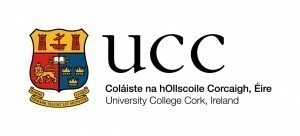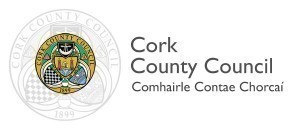7 March 2016
By Bryan T. Smyth
bryan@TheCork.ie
Irish organisations may have one or two women on their boards, but in 2016 the emphasis should be on equality and parity; a ‘token woman’ or two is not good enough, according to Professor Irene Lynch Fannon, School of Law, UCC.
UCC’s School of Law will launch a report on research on the role of women on boards tomorrow, International Women’s Day (March 8).
The research, funded by the Irish Research Council (New Foundations, Civic Engagement Scheme), consisted of two surveys of the Top 100 Irish Companies based on the criterion of turnover and of the Top 100 Irish Charities with a view to answering a number of questions which had been raised.
“Our research shows that we are very far away from having gender parity on the boards of these major Irish organisations with less than 14% of companies and charities showing positive figures regarding the question of gender parity,” commented Professor Lynch Fannon.
She revealed that “58% of all organisations reported a male Chairperson. This was better than we expected, but still favoured male dominance.”
The research found that 93% of for profit boards and 80% of not-for-profit boards did not have gender parity. Overall it found that only 13.5% of boards had gender parity taking both sectors together.
In the live survey, the research found that 55% of boards in the for profit sector had a majority of male members, whereas 68% of boards in the not-for-profit sector had a majority of male members.
“In terms of multinational presence in Ireland, we had particularly interesting findings regarding the level and types of information available for the parent company as compared with Irish subsidiaries. These findings are not central to the equality agenda but warrant further research,” she said.
“We had been specifically asked about the ‘feminisation’ of the charity sector. This concern was not borne out by our research. [In fact a higher percentage of charitable organisations in our live survey (68%) had a majority of male members than in the for profit sector where 55% of boards had a majority of male members]. There is no obvious evidence to suggest feminisation at board level in the not-for-profit sector,” she said.
According to Professor Lynch Fannon, the research found that there was not a very significant disparity between the numbers of women participating on for profit and on not-for-profit boards. This also contradicted perceptions of the ‘feminisation’ of the not-for-profit sector, which had been one of the concerns raised.
The research also found that the not-for-profit sector was more equal when it came to the identity of the Board Chair, with 49% indicating a male Chair compared with 68% of organisations in the not-for-profit sector indicating a male Chair. However, the research had a significant non-identified figure in the for profit sector so that could be higher.



